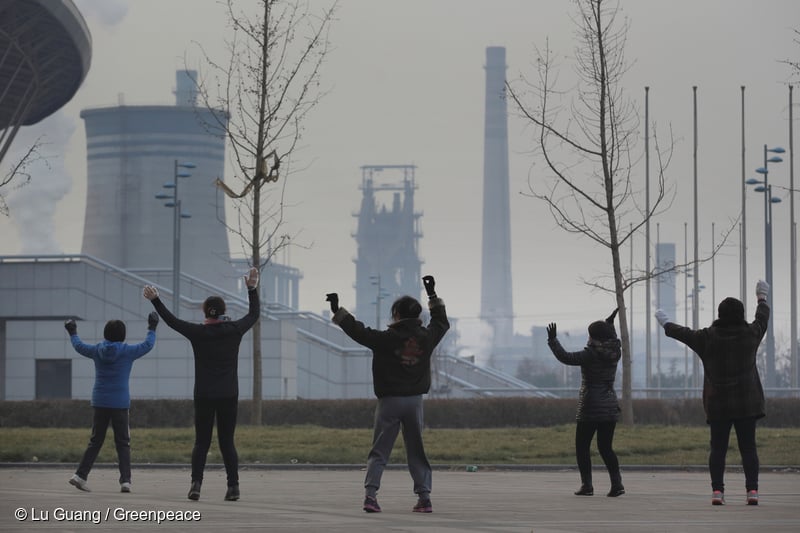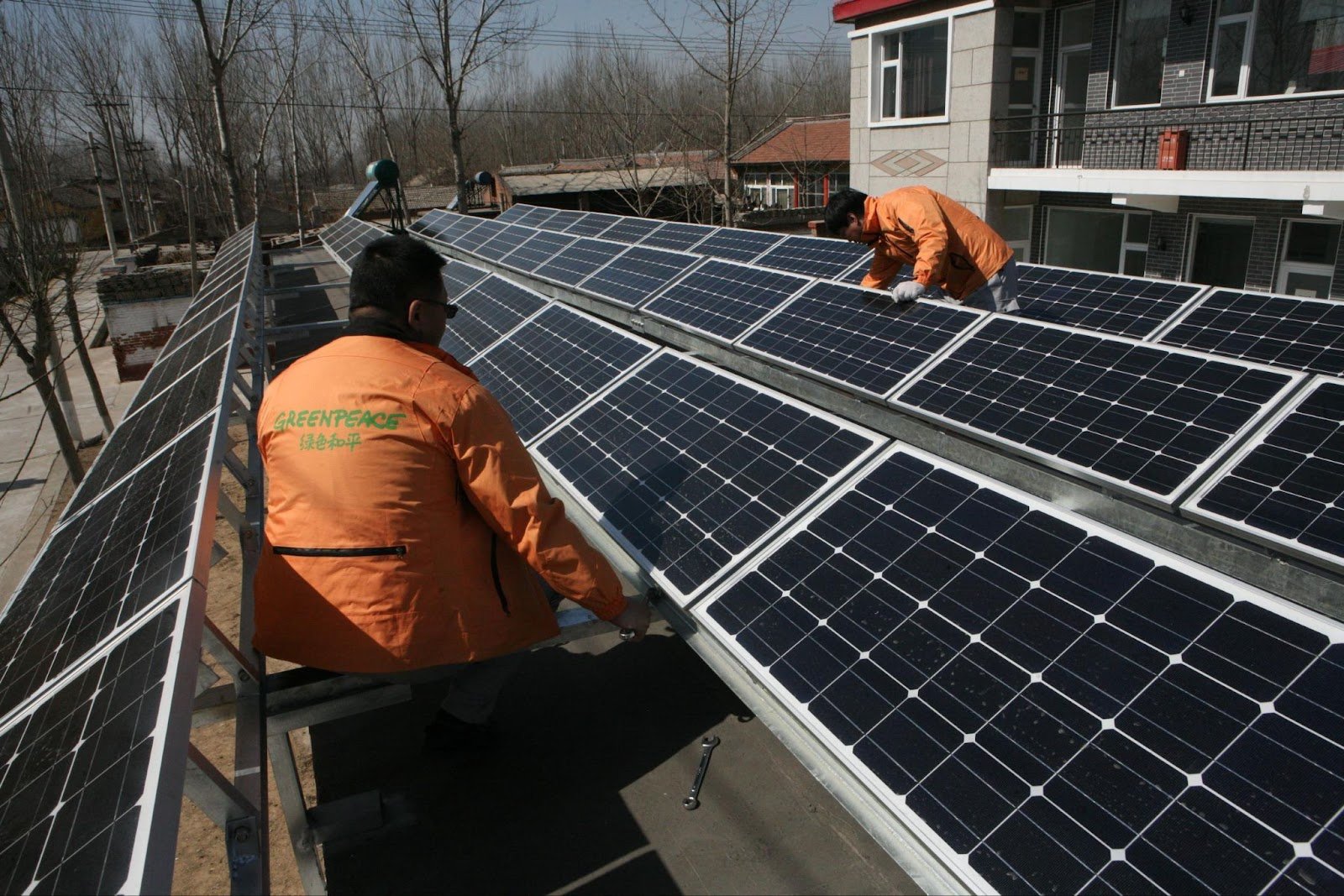BEIJING, 29 March 2021 – New research from Greenpeace East Asia found that 46.1 gigawatts (GW) of new coal capacity was approved in 2020 — more than the previous three years combined — with 12 provinces or autonomous regions pushing through new coal plants after the central government’s Net Zero climate commitments, with about 8.1 GW approved in the fourth quarter of 2020.
Zhang Kai, deputy program director for Greenpeace East Asia in Beijing, said:
“With an influx of new coal approvals, China’s coal country provinces are falling farther behind. It could deepen the divide between the developed eastern seaboard and industrial coal country. While one lays the groundwork for new tech and energy, the other digs deeper into the coal pit. Provincial governments will struggle to close this gap on their own. They need policy support and financial support. Low-carbon transition funds should be on the political agenda as soon as possible.”
While local Development and Reform Commissions (DRCs) make the final decision on their energy investments, they normally do so under the guidance of the central government. There was a dip in new coal capacity approvals in some provinces during the fourth quarter of 2020, after Beijing’s September Net Zero commitment, but not all. Notably, Inner Mongolia’s DRC, which approved 5,680 megawatts (MW) and 5,000 MW in Q2 and Q3 2020, respectively, approved no new coal capacity in Q4 2020.
Meanwhile, the National Energy Administration (NEA) removed provinces from “red” and “orange” alerts for coal overcapacity, which bears serious financial and environmental risks. In 2017, 27 provinces had “red” or “orange” alerts for upcoming overcapacity risks. Despite a spree of new-approved coal plants over the past two years, only six were on alert in 2020.
“Coal overcapacity is a drag on renewable energy development and a ticking time bomb for provincial economies. As China’s energy transition accelerates into 2060, coal plants will see more excess capacity and more competition. Already shrinking rates of return will flop. They’ll become stranded assets. They’ll strand the local economy along with them. And they will expose China’s financial system to risk. Stopping the expansion of coal power plants will secure the economy and enhance the credibility of China’s national climate commitments.” Zhang said.
The 14th Five-year energy plan needs to restrict coal power capacity controls within 1,100 GW to prevent the risk of an extended coal capacity approval spree that could imperil China’s climate commitments and credibility there. Meanwhile, the NEA’s overcapacity pre-warning document should restrict all provinces from further approving coal plants and coordinate and assess provinces’ approval process moving forward. Provincial DRCs need to carefully examine their power sectors’ mid- and long-term energy transitions, especially when it comes to capital windfalls from COVID stimulus.
NOTES
English summary available here.
Full briefing (in Chinese) available here.
Media Contacts:
August Rick | Greenpeace East Asia, Beijing | [email protected]
Greenpeace International Press Desk, [email protected], phone: +31 (0) 20 718 2470 (available 24 hours)



